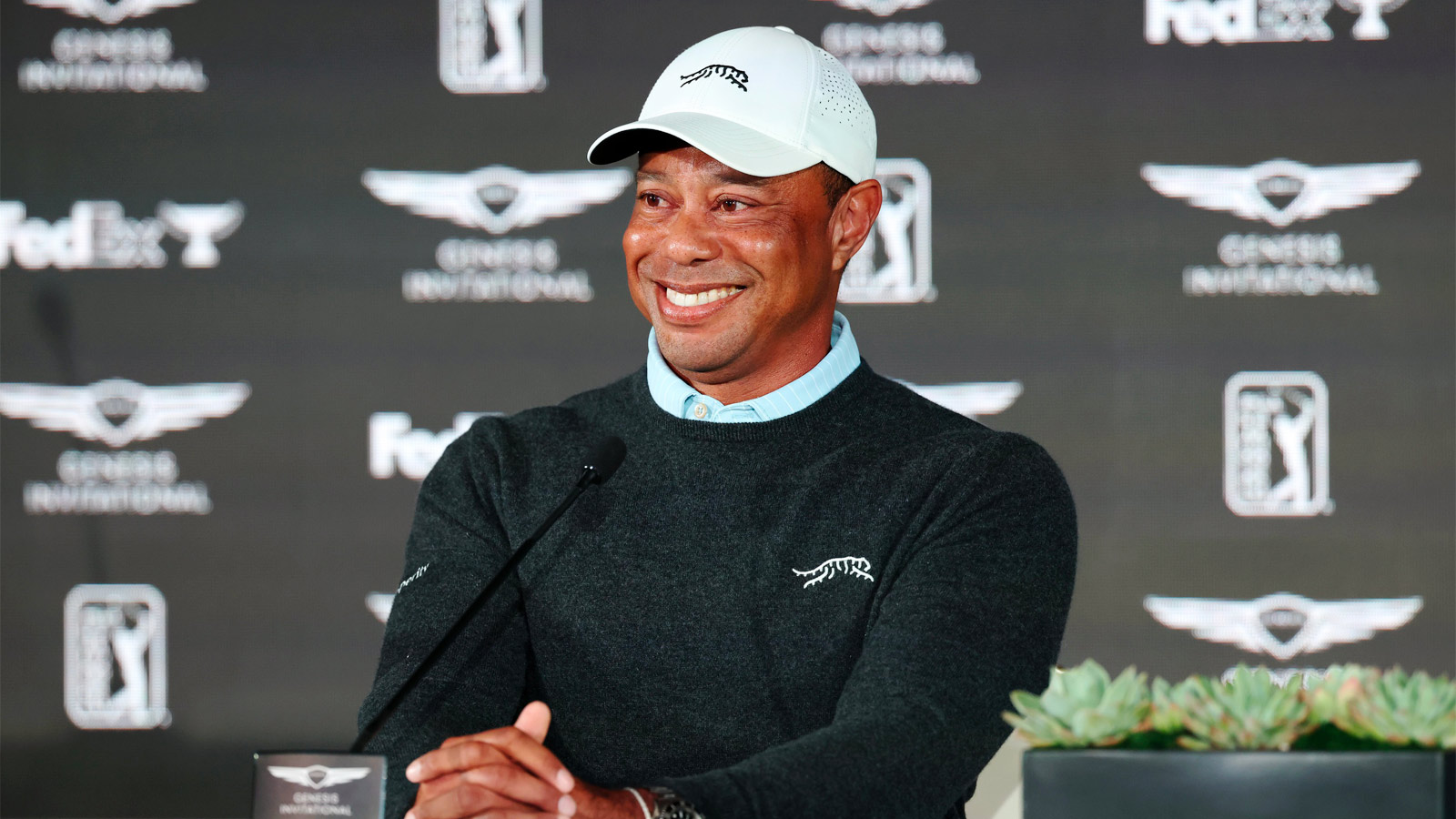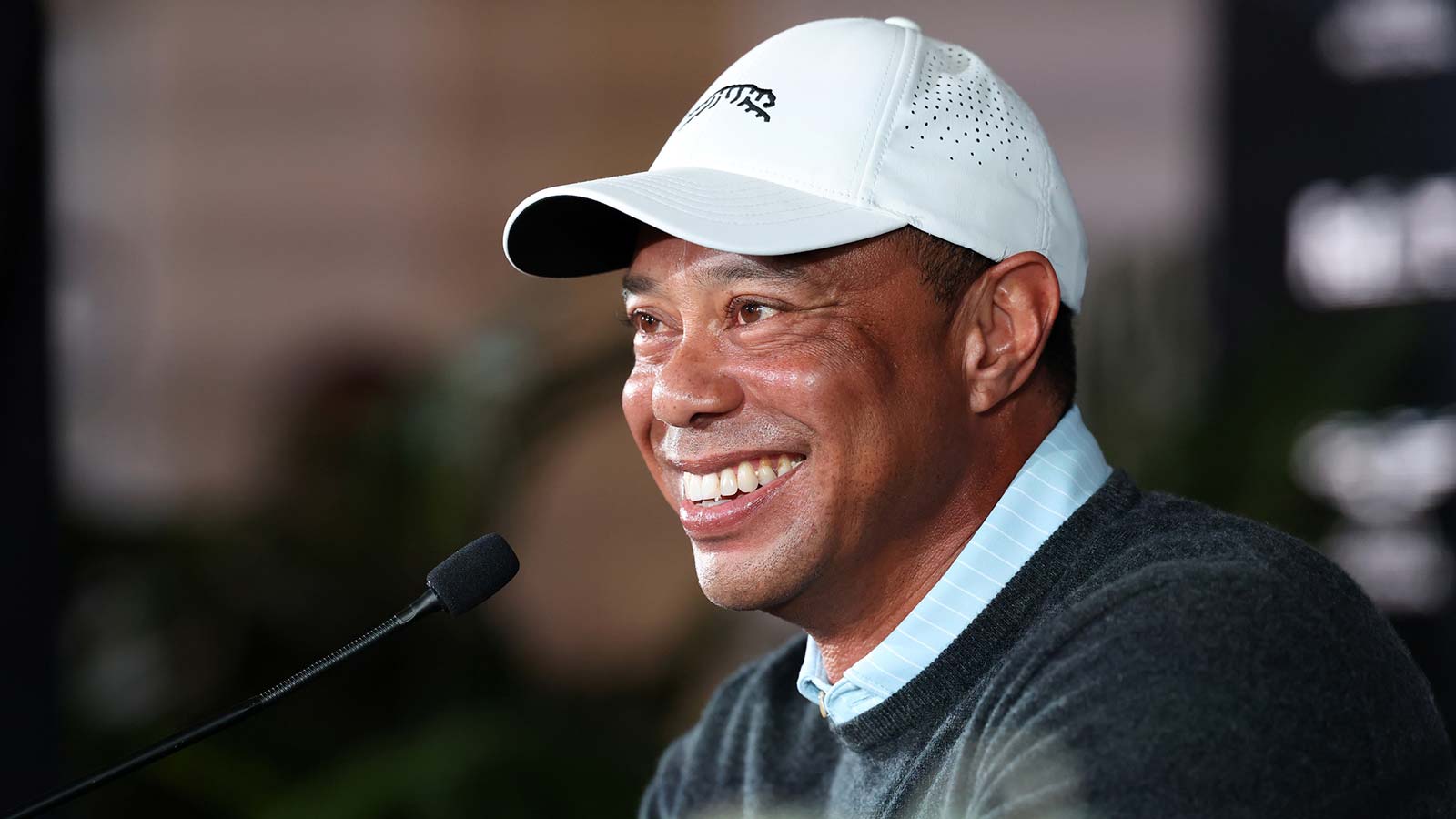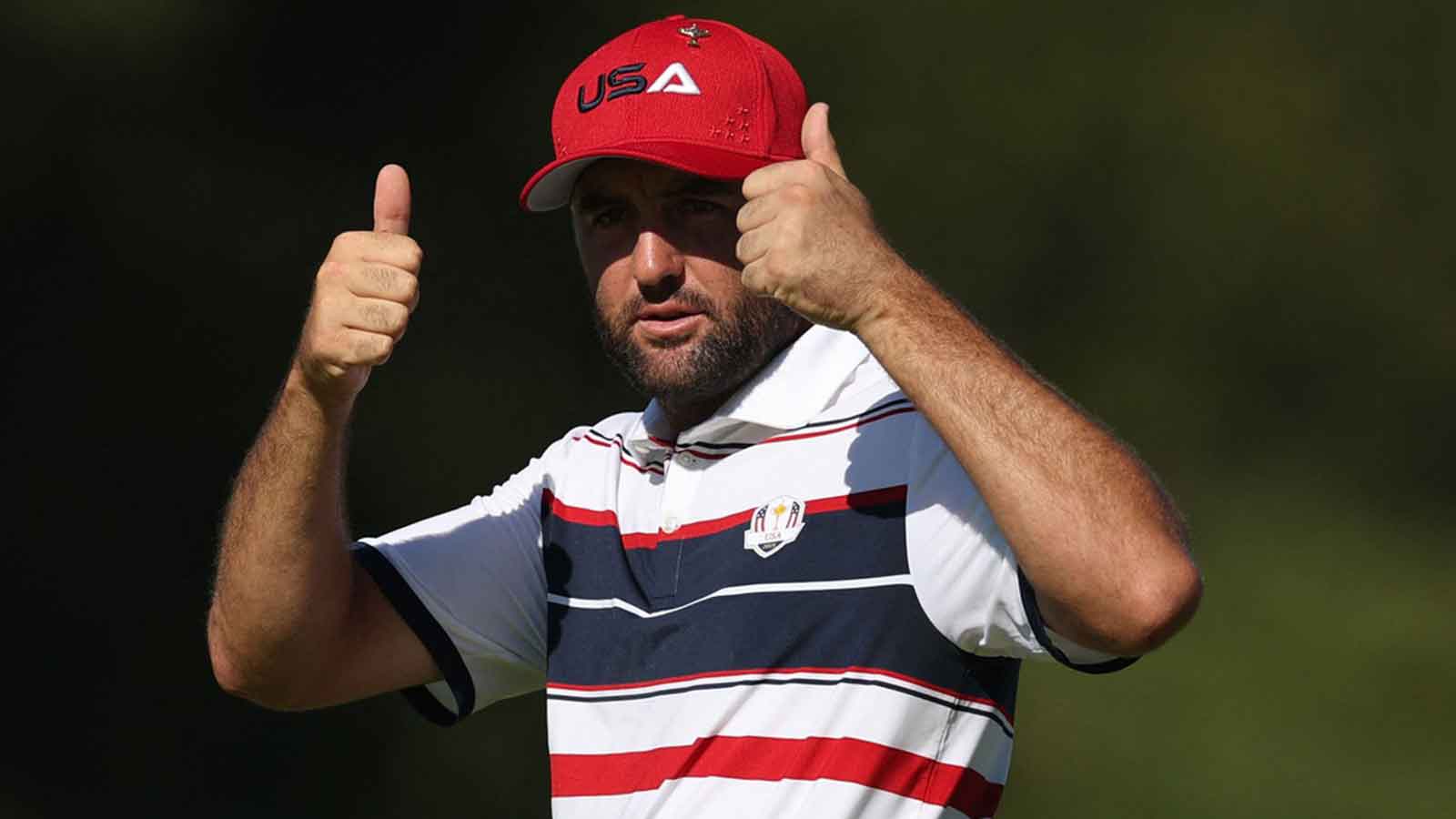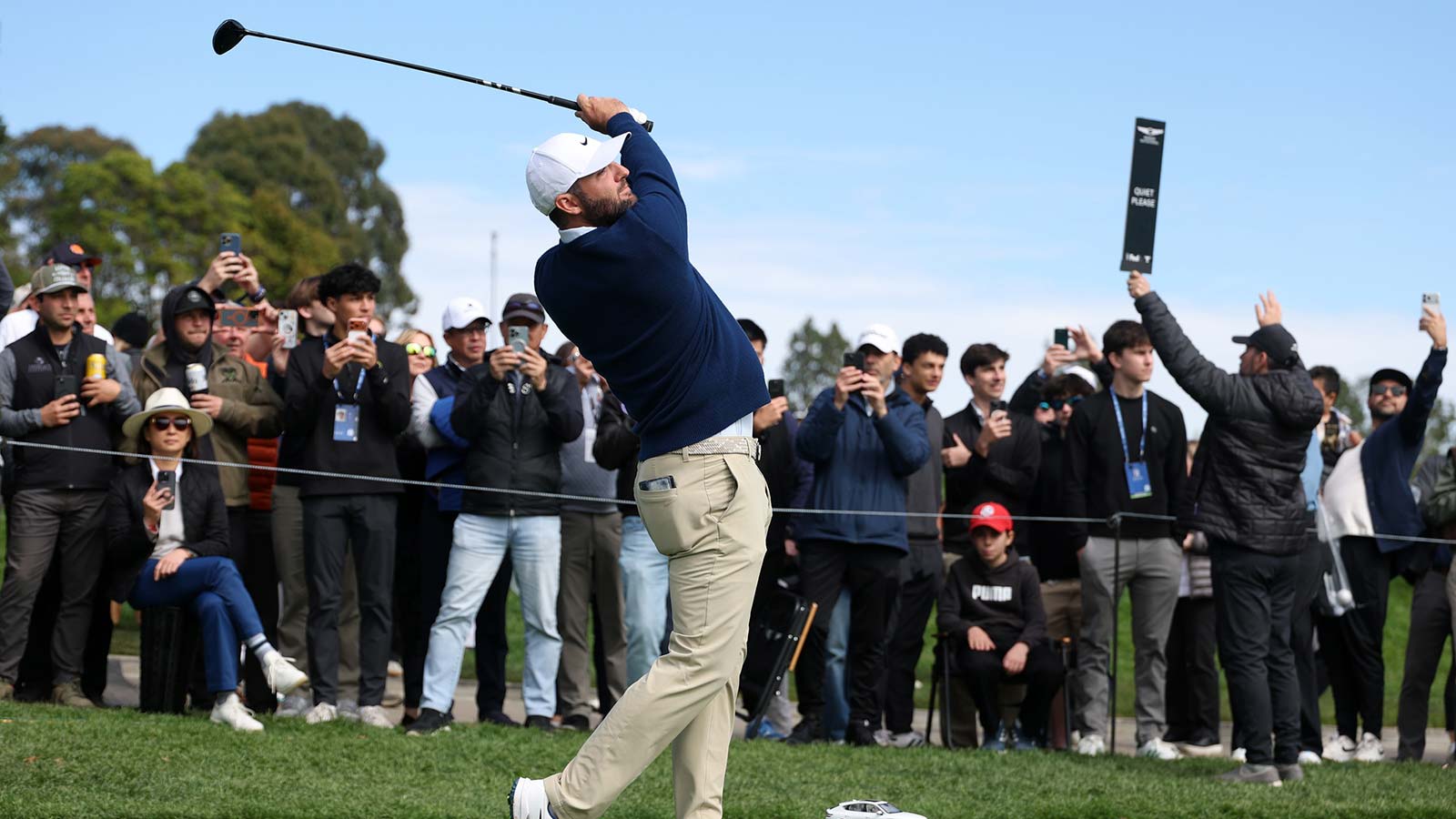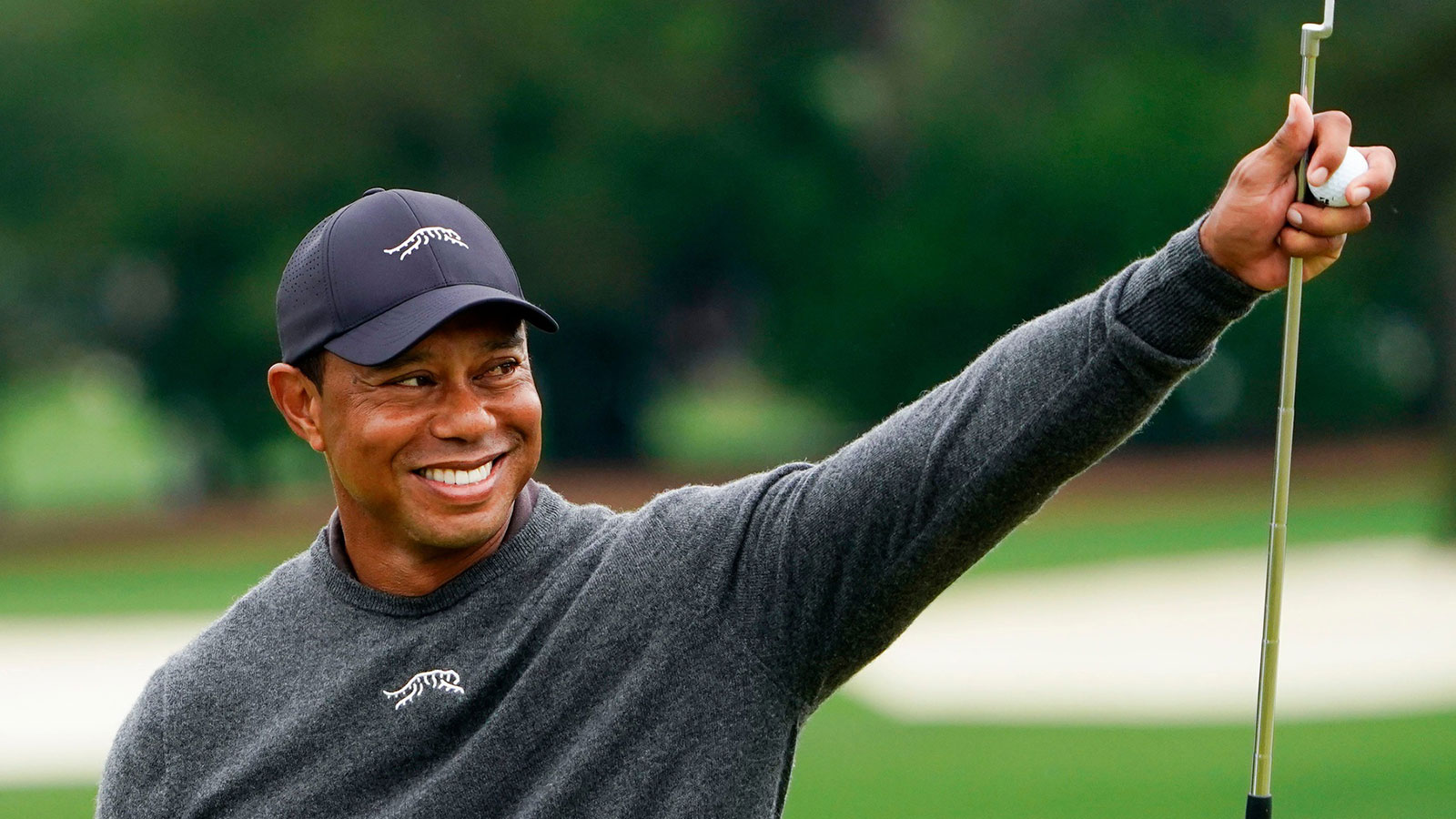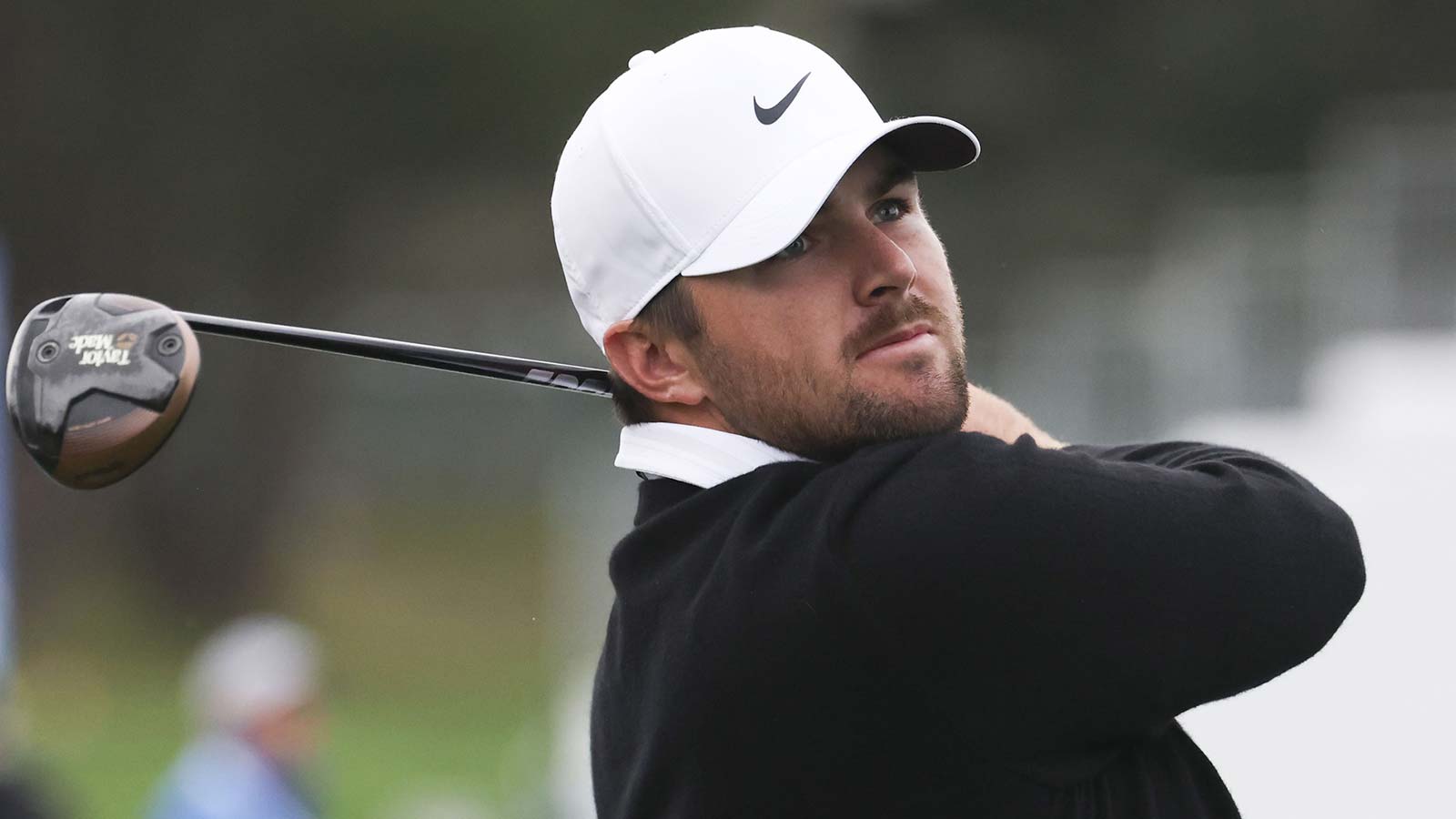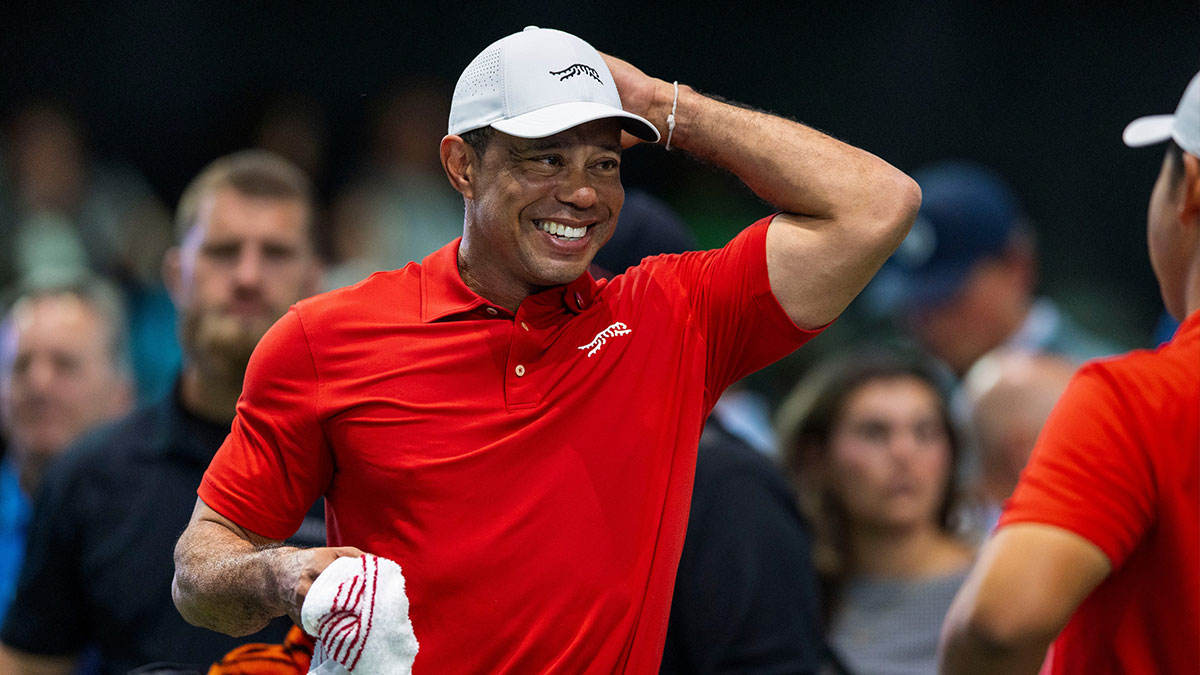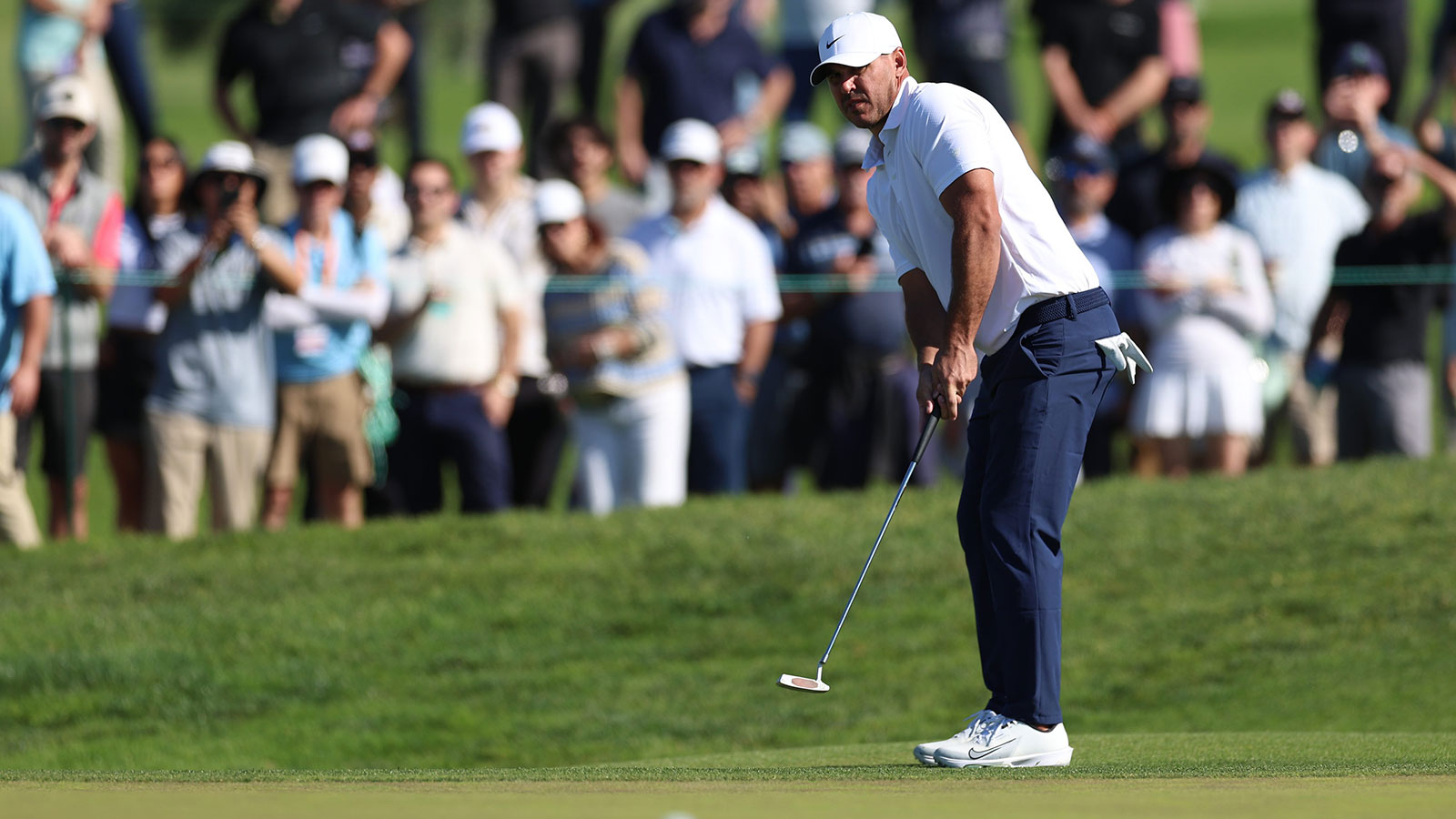In a revealing conversation with Golf Magazine, per Reuters, Rory McIlroy, one of golf's most prominent figures, has once again shared his perspective on the ongoing split between the PGA Tour and the Saudi Arabia-backed LIV Golf League, describing the division as “unsustainable” and detrimental to the sport's long-term interests. As a four-time major champion, McIlroy's viewpoint carries significant weight in the golfing world, illuminating the complexities and challenges facing the sport as it navigates through one of its most contentious periods.
The split between the PGA Tour and LIV Golf has created a rift in men's professional golf, segregating top players across separate tours for the majority of the season. This division, according to McIlroy, is not only disheartening for competitors but also jeopardizes the game's future. “There needs to be a correction,” McIlroy asserted, emphasizing the necessity for a unified approach to move the game forward and mitigate the ongoing division that threatens its very fabric. “They keep going down those different paths and I just don't see how that benefits anyone in the long run. … I think [it's] a shame for the overall game of golf.” His candid admission reflects a broader consensus within the golfing community, highlighting the urgent need for reconciliation and collaboration to preserve the sport's integrity and appeal.
“We're probably still quite a long ways from it, but I would hope that in the future that we can get there, unify the game and get the best players back together again,” he also was quoted saying.
McIlroy's comments come at a critical juncture, with negotiations for a merger between the PGA Tour and LIV Golf progressing, albeit slowly. The prospect of unification remains distant, but McIlroy's hope for a future where the best players compete together underlines the importance of bridging the divide for the sport's advancement. The PGA Tour's recent $3 billion investment deal with Strategic Sports Group (SSG) underscores its commitment to securing a prosperous future, independent of a merger with LIV Golf, should an agreement remain elusive.
This dispute is not merely about competition schedules or financial incentives; it's a reflection of golf's evolving landscape, marked by LIV Golf's emergence as a formidable force backed by Saudi Arabia's Public Investment Fund (PIF). LIV Golf has challenged the status quo, enticing some of the world's top players with lucrative contracts, thereby igniting a debate over the sport's direction and governance. The PGA Tour, with its rich history and tradition, finds itself at a crossroads, needing to adapt while preserving the game's heritage.
PGA, LIV, and Augusta

As the Masters Tournament approaches, the split's implications extend beyond administrative discussions, affecting the competitive atmosphere of one of golf's most prestigious events. McIlroy, still in pursuit of the elusive green jacket that would complete his career Grand Slam, enters the tournament amidst this tumultuous backdrop. His performance at the upcoming Texas Open, along with his preparation for the Masters, will be scrutinized not only for his golfing prowess but also for his role as a unifying figure in a divided sport.
The division between the PGA Tour and LIV Golf introduces an additional layer of complexity to the Masters, traditionally a unifying event that showcases the sport's finest talents. The absence or reduced presence of top players affiliated with LIV Golf could alter the competitive landscape, impacting the tournament's dynamics and the historical significance of a victory at Augusta National. Furthermore, the rift might influence player camaraderie and the event's ambiance, traditionally characterized by sportsmanship and unity among competitors.
Rory McIlroy's advocacy for unity and his critique of the current state of affairs serve as a poignant reminder of the challenges ahead. As the golfing world converges on Augusta, the question remains whether the sport can overcome its divisions and rally around its most cherished traditions. McIlroy's journey at the Masters will be emblematic of this larger quest for reconciliation, with his performance potentially serving as a beacon for the sport's ability to transcend its current challenges.
In conclusion, Rory McIlroy's candid remarks shed light on the unsustainable nature of the split between the PGA Tour and LIV Golf, emphasizing the need for a unified future that benefits the sport as a whole. As the Masters looms, the implications of this divide take on added significance, with McIlroy's quest for a career Grand Slam intertwined with the broader narrative of golf's search for common ground. The path forward remains uncertain, but McIlroy's voice serves as a critical catalyst for change, urging the golfing world to bridge its divides and embrace a shared future.









